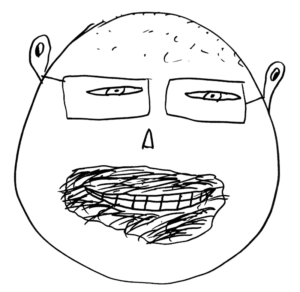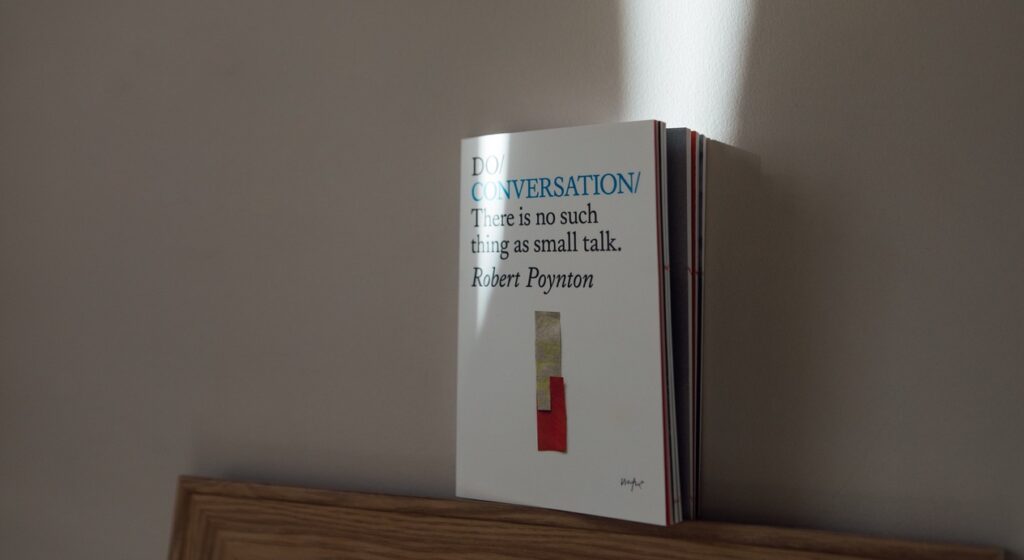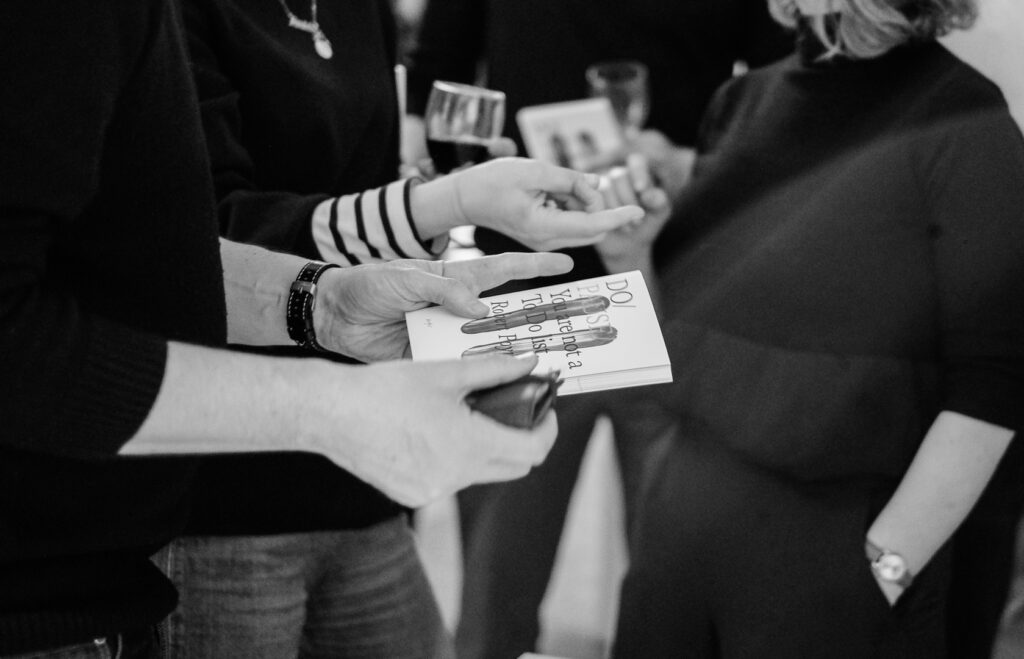Freddie Mercury was wrong. If you want it now you can’t have it all. At least not in the realm of learning.
Part way through an experimental, two-day, Praxis workshop, one of the participants told me that she couldn’t work out what she was getting from it. She was by her own admission having a wonderful time and she was well aware that the workshop was experimental (there was a clue in the title – it was called ‘The Awareness Experiment).
She herself, a scientist by training was well aware that in a good experiment, you don’t know the outcome in advance, indeed, she had pointed out to me the absurdity of the fact that to get funding her lab had to stipulate in advance, what it was going to discover!
So what was going on here?
Learning doesn’t necessarily take place in the same period as the experience that generates it. It may require (unconscious) processing reflection, experience, the relevant context (which may be completely unpredictable) and a trigger or need, to name but a few possibilities.
To put the same thing the other way round, if, at the end of a learning experience (programme, workshop etc.) you ask participants what they have learned, you are only allowing them to give a trivial answer. On these feedback forms, or ‘happy sheets’ as my friend and colleague Marshall Young refers to them, all they can report is what is immediately available to them with the conscious mind that they can verbally report. And by definition, any significant or deep learning is unlikely to be of that kind.
We should be more patient. We should slow down, let go of our anxiety and accept that proper learning is slow, painstaking work.
If we did, we might find that we actually learn more.




